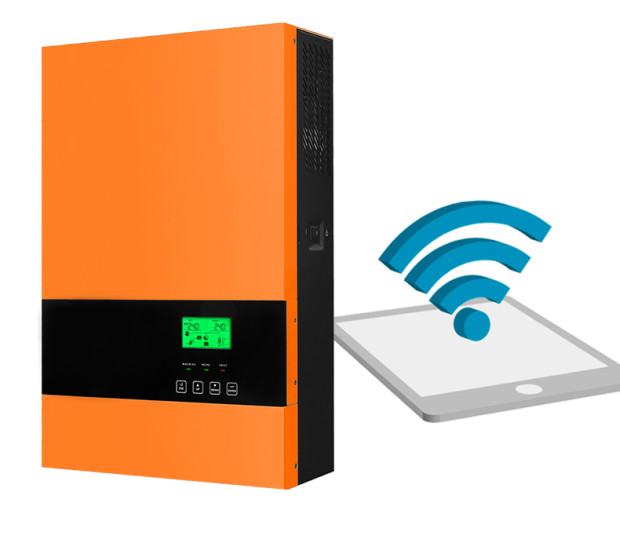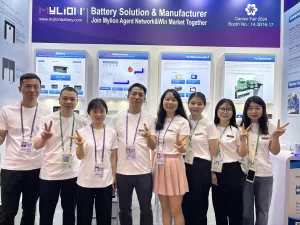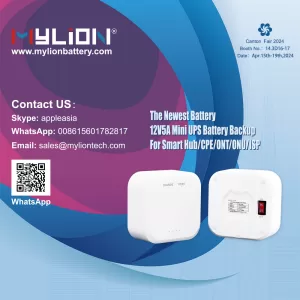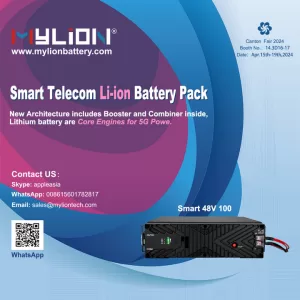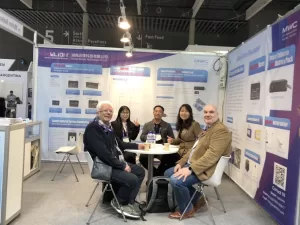Solar panels, also known as PV panels, are devices that convert the energy of sunlight (which is made up of photons) into electricity. The electricity is then used to power loads.
Solar panels have a number of uses, such as remote power for cabins, telecommunications systems, remote sensing equipment, and residential and commercial systems that produce electricity.
This page will provide information about the benefits, history, and technology of Solar Panels. On this page, we will discuss how solar panel work, their manufacture, the way they generate electricity, and where to purchase solar panels.

Solar Panels: A Brief History
Edmond Becquerel was the first to discover the photovoltaic phenomenon.
Solar energy is a technology that has existed for over 100 years. Solar energy was initially used to produce steam, which could then drive machinery. Edmond Becquerel discovered the “photovoltaic effects” which allowed the conversion of solar energy into electric power. Charles Fritts’ invention of the first true solar cell in 1893 was a result of Becquerel’s discoveries. The cells were made by coating sheets or selenium on a thin gold layer. This humble beginning led to the invention of the solar cell, which we now know as the modern day solar panel.
Russel Ahl, an American on the payroll at Bell Laboratories patented the silicon solar cell for the first time in the world in 1941. Ohl’s invention led the same firm to produce the world’s first solar panel in 1955. The first solar panels were used in satellites. The first solar panels in most people’s lives were probably in their new calculators, circa 1970s.
Solar panels, and complete systems of solar panels, are used in a wide range of applications today. Yes, calculators still use solar panels. Solar panels are used in commercial buildings and homes, such as Google headquarters, to provide power.
How Do Solar Panels Function?
Solar Photovoltaic Power System Diagram
Solar panels are able to convert solar energy into electricity, which is then used to power electrical loads. Solar panels consist of several solar cells that are composed of layers made of silicon, phosphorous and boron. Solar panels absorb photons to initiate an electrical current. The photons that strike the solar panels generate energy which knocks electrons out of their orbits. They are then released in the electric field created by the solar cells, which pulls these electrons into currents. The Photovoltaic Effect describes this whole process. Solar panels can be installed on the roof of an average home to generate enough electricity to cover all the needs of the household.
A well-balanced configuration of a grid-connected solar array produces power during the daylight hours that can be used by the household at night. In net-metering programs, solar generator owners are paid for excess power produced by their systems. A battery bank, a charge controller and, in most cases an inverter is required for off-grid solar installations. The charge controller sends DC electricity (direct current) from the solar array into the battery. The inverter then converts DC electricity into alternating current, which can be used by non-DC devices. With the help of an inverter solar panel arrays can meet the highest electrical demands. AC currents can be used for a variety of applications, including powering loads in commercial or residential buildings, recreational vehicles or boats, remote homes, cabins or cottages, traffic control equipment, oil or gas flow monitoring systems, RTUs and SCADAs, as well as remote traffic controls.
Solar Panels: Benefits and Uses
Solar panels can be used to generate electricity in many different ways. Living off the grid is a good example. Living off-grid is living in a place that does not have access to the main electrical utility grid. Solar power systems can be a good option for cabins and remote homes. There is no need to pay for expensive poles or cabling that are needed from the nearest access point of the main grid. A solar-electric system can be less expensive than conventional systems and provide electricity for up to 30 years if maintained properly.
The use of solar energy is not only a way to live off the grid but also a source of clean, renewable energy. The global climate is changing and it’s more important than ever to do what we can in order to reduce the pressure of greenhouse gas emissions on our atmosphere. Solar panels require minimal maintenance because they do not have moving parts. Solar panels are built to last and will last for decades if properly maintained.
The last, and not least of all the benefits that solar panels provide is the fact that once the initial costs of installation are paid, the electricity produced by the system for the remainder, which can be anywhere from 15-20 years depending upon the quality of system, is free. Owners of grid-tied solar systems will see benefits as soon as the system is installed. This could mean a reduction in monthly electricity bills or, what’s best, an increase in income from the electric company. How? You may be able to sell your excess energy, at a premium price, to your electric company if your solar system is not producing enough power.
Too many to mention here. You’ll learn more about solar power as you browse this website.
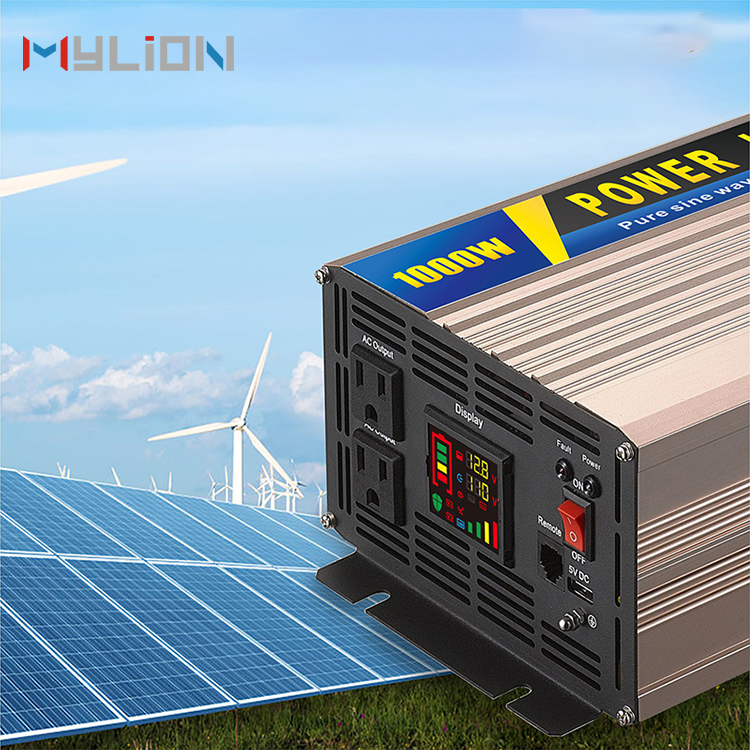
How much do solar panels cost?
Solar panels prices have decreased significantly over the last two years. The federal solar Investment Tax Credit (30$) and other applicable incentives make this the best time in history to invest into a solar system. Think about it: a solar system costs the same as an average mid-sized automobile!
Where can I find solar panels to buy?
Solar Panels
This website is the best place to start!
We have the best solar panel manufacturers. These brands include BP Solar as well as General Electric and Sharp. We only feature the highest-quality solar panels made by manufacturers who have proven themselves in solar technology. Myliontech.com is a solar panel specialist with over 30 years of experience.

